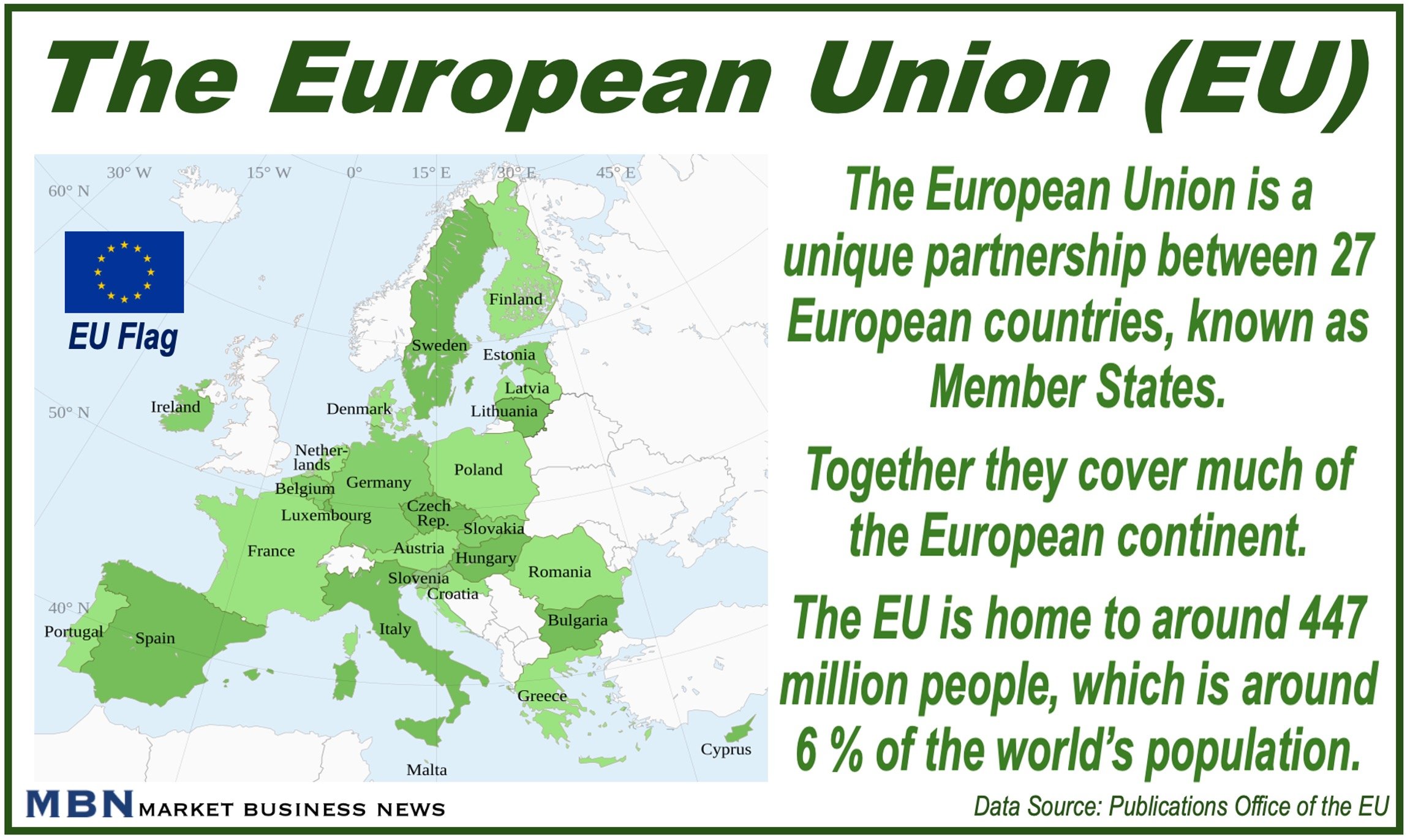Political instability in Germany and France, the European Union’s two largest economies, is exacerbating the trading bloc’s economic challenges.
With both EU member states grappling with governmental collapses, critical economic reforms are delayed, leaving the EU vulnerable to global economic pressures.
Europe’s Two Economic Pillars in Crisis
The eurozone’s GDP is US$15.54 trillion, while those of France and Germany are US$3.031 trillion and US$4.456 trillion, respectively.
The combined GDP of Germany and France accounts for approximately 48.18% of the eurozone’s. That is nearly half of the eurozone’s economy.
The two countries are currently stuck in political quicksand, which complicates the prospect of taking decisive action on pressing issues.
· PM Resignation in France
In France, the resignation of Prime Minister Michel Barnier after a no-confidence vote has left the government without a parliamentary majority. New elections are not possible until June 2025, prolonging uncertainty.
· Coalition Collapse in Germany
In Germany, Chancellor Olaf Scholz’s coalition collapsed, triggering early elections scheduled for February 2025. However, coalition talks could delay the formation of a new government until mid-year.
The eurozone’s longstanding Franco-German partnership, historically a driving force behind EU policy and economic progress, is currently absent.
This vacuum in leadership disrupts the longstanding Franco-German partnership, which has historically driven EU policy and economic progress.

Economic Challenges Beyond Politics
Europe’s economic outlook was already bleak before the political crises in France and Germany.
Growth in France is projected to slow to 1.1% in 2024 and 0.8% in 2025, while Germany faces a second consecutive year of contraction in 2024, with a modest rebound expected in 2025.
These struggles are compounded by an aging workforce, high energy costs, and declining industrial output.
The European Union’s automotive industry, a critical economic driver, is calling for a review of the trading bloc’s strict emission standards. It cites falling demand for electric vehicles and fears of job losses.
Additionally, the threat of new tariffs from U.S. President-elect Donald Trump could significantly impact the EU’s export-driven economy, especially in Germany.
“President-elect Donald Trump has proposed imposing a universal tariff ranging between 10% and 20% on all U.S. imports, including those from Europe.”
Proposed Solutions Face Major Hurdles
To successfully rejuvenate the European economy, cooperation between Germany and France is crucial.
Former European Central Bank President and Prime Minister of Italy, Mario Draghi, has advocated for the EU to integrate its financial markets and implement EU-wide borrowing for infrastructure and public investments.
For these plans to materialize, an alignment between Berlin and Paris is necessary, which is currently highly unlikely.
Europe’s economic growth rates have been lagging behind those of its main global competitors such as the US and China.
In 2023, the EU’s GDP growth rate stood at 0.4%, while those of the US and China were 2.5% and 5.3%, respectively. The economies of the EU, US, and China are projected to grow by 1.0%, 2.5%, and 4.9%, respectively, in 2024.
Europe risks falling even further behind without decisive leadership, economists are warning. Political uncertainty has stalled several initiatives, including pension system reforms, streamlining regulations, and encouraging green technologies.
What Lies Ahead for Europe’s Economy?
As mentioned above, the EU’s GDP is expected to grow at 1% this year. The European Commission forecasts 1.3% growth for 2024.
Cautious consumer spending, inflation, geopolitical uncertainties stemming from the conflict in Ukraine, and President Trump’s trade policies regarding European imports may significantly influence how the EU’s economy performs.
Other Nations Must Step Up
As Germany and France create a gaping political vacuum, the EU needs to find other ways to move forward.
Countries such as Spain and the Netherlands, which are currently more politically stable, could take on interim leadership roles within the EU.
Nonetheless, meaningful progress will ultimately depend on France and Germany regaining stability.
If the EU does not do something soon, it risks losing its competitive edge on the global stage.
